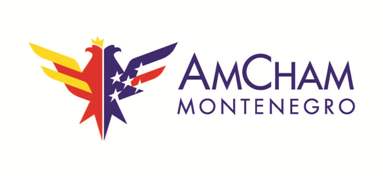
12
2014Human Capital – a Resource or a Business Barrier?
At the turn into the 21st century, it was clear the old concept of the labor market would no longer apply at the time of globalization. The beginning of information technology application in nearly all aspects related to the business world, led us to understand that changes are to be made in this segment. Yet, could anyone assume the labor market will change so significantly and are we able to predict the future for the matter?

Drucker introduces the knowledge worker productivity concept.
As said, the labor market is changing on a macro level. But if we look more deeply, we will see that both advanced and developing economies are facing a number of issues in this area. According to the McKinsey Global Institute (MGI), in both cases, policy makers will need to find ways not only to produce high-skilled workers but also to create more jobs for those who are not as highly educated. Furthermore, businesses operating in this skills-scarce world must know how to find talent pools with the skills they need and to build strategies for hiring, retaining, and training the workers who will give them a competitive advantage.

Knowledge Worker Productivity
However, in analyzing economic development possibilities, one should keep in mind that nation’s human capital, the skills and capacities that reside in people and are put to productive use, can be more important determinant of long term economic success than virtually any other resource.
Montenegro primarily relies on Foreign Direct Investments (FDI) in order to develop its economy. However, even though much has been done in terms of improving the business environment (there is still much to be done!), one of the biggest issues for foreign investors is the lack of skilled/qualified labor force and the Government of Montenegro must strategically work on improving this situation.
According to the AmCham Montenegro Business Climate Report for 2010 and 2012, only 5,7% of AmCham members stated they were satisfied with the available skilled labor force. Further on, in the preparation of the 2014 edition of the Business Climate Report, this has been highlighted as one of the most important issues. In order to overcome this challenge, the Government of Montenegro should work on creating and implementing strategies in education and lifelong learning that correspond with the labor market demand. Much more practical knowledge should be incorporated into the educational system, across all levels of education.

Soft Skills Overview
Beside these long-terms strategic reforms, investors’ experiences indicate that Montenegrin labor pool should work on their business English, foreign language skills and digital skills. Likewise, the labor pool should be developing their soft skills: communication skills, interpersonal skills, time management skills, competitiveness, decision making, delegation and feedback, self-monitoring and leadership.
Finally, what matters the most is perhaps the individual perception and approach to work. Many factors can influence one’s attitude towards work and career, such as the overall economic situation, national culture, tradition etc. Yet, the contemporary knowledge worker, as Drucker elaborates, goes much more beyond these limitations. He/She considers to be valuable to any company or organization and able to make contribution, as well as to influence change and prosperity. Even if this is quite a challenge, only by stimulating the development of a knowledge-based economy, we can hope and strive for a better, more prosperous society.







